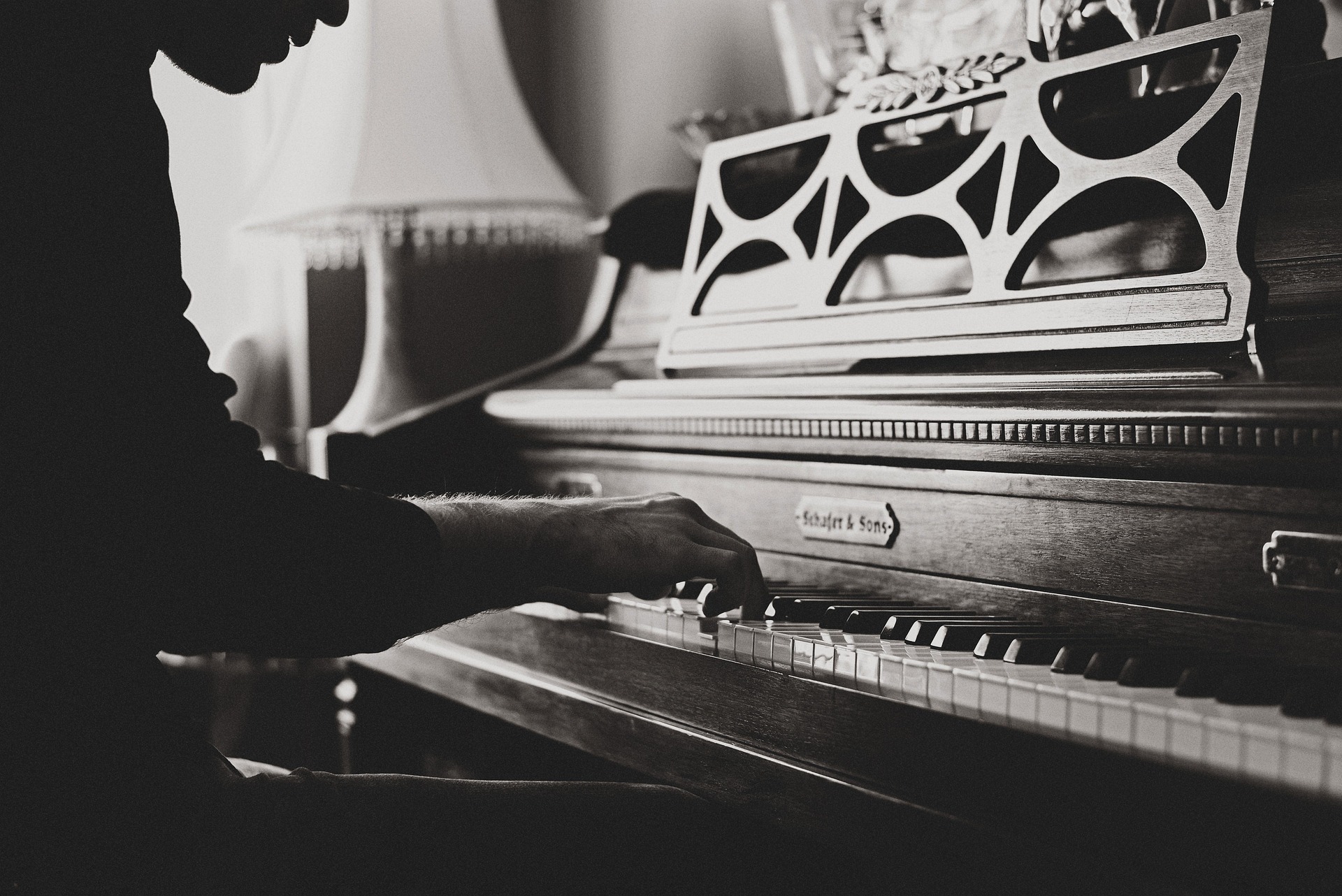A Symphony of Subtext: The Growing Influence of Classical Music on Pop Culture
Classical music, long perceived as a domain of ornate concert halls and highbrow audiences, is experiencing a resurgence in pop culture, infiltrating various forms of media and transforming our perception of this timeless art form. This article delves into the ways classical music is reshaping and redefining modern entertainment, becoming a hidden influencer in pop culture.
The Resounding Echoes of Classical Music in Film Scores
In the world of cinema, classical music has always held a significant role, subtly guiding the audience’s emotions and amplifying narrative tension. More recently, filmmakers are increasingly leaning on classical pieces to add depth to their stories. From the stirring strains of Beethoven in “A Clockwork Orange” to the haunting melodies of Mozart in “Amadeus,” classical music serves as a powerful narrative device, adding a layer of sophistication and emotional resonance to cinematic storytelling.
The Unlikely Fusion: Classical Music Meets Hip-Hop
On the cutting edge of the music industry, a surprising trend is unfolding: the fusion of classical music and hip-hop. Artists like Kanye West and Jay-Z have sampled classical pieces in their tracks, creating a unique auditory mashup that bridges the gap between the traditional and the contemporary. This unlikely blend offers a fresh perspective on music’s enduring power to transcend boundaries and challenge conventions.
Classical Music in Video Games: An Unseen Art Form
In the world of video games, classical music is an unsung hero. It creates immersive experiences, heightens tension, and underscores epic moments. Games like “Final Fantasy” and “The Legend of Zelda” utilize symphonic scores to elevate their narratives, proving that classical music’s influence extends far beyond the concert hall.
The Classical Twist in Modern Advertising
In advertising, classical music is an effective tool for capturing attention and evoking specific emotions. Brands like Apple, Chanel, and British Airways have used classical pieces in their campaigns, resonating with audiences on a deeper, subconscious level. This strategic use of classical music transforms advertisements into mini-symphonies of persuasion, blending artistry with commerce.
Classical Music’s Influence on Today’s Television Series
Classical music is also finding its place in contemporary television series. Shows like “The Crown” and “Westworld” employ classical scores to elevate their storytelling, imbuing scenes with an added layer of emotional complexity. This use of classical music enhances the viewing experience, underlining key moments and reflecting character arcs in subtle, profound ways.
- Classical music has been utilized in over 50% of top-grossing films in the past five years.
- Beethoven’s Symphony No. 9, commonly known as “Ode to Joy,” is one of the most frequently used pieces in film scores.
- Hip-hop artists like Kendrick Lamar have won Pulitzer Prizes for their innovative approach to integrating classical music.
- Video game soundtracks, heavily influenced by classical music, are now regularly performed by orchestras worldwide.
- Advertising campaigns that employ classical music see a 14% increase in consumer recall.
In conclusion, classical music’s influence on pop culture is undeniable. It not only transcends medium and genre but also strikes a universal chord, appealing to our shared human experiences. This resurgence demonstrates the enduring relevance of classical music, proving that it’s far from the stuffy, inaccessible art form it’s often perceived to be. Instead, it’s a dynamic and vital force, resonating throughout the panorama of modern entertainment.





